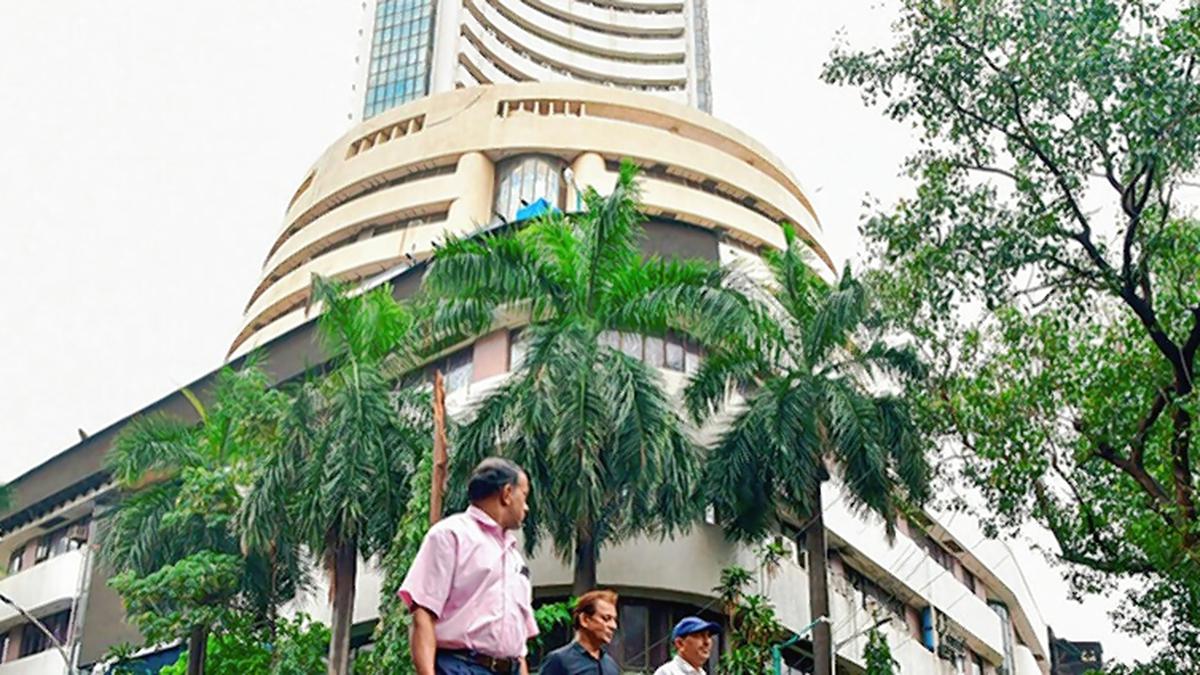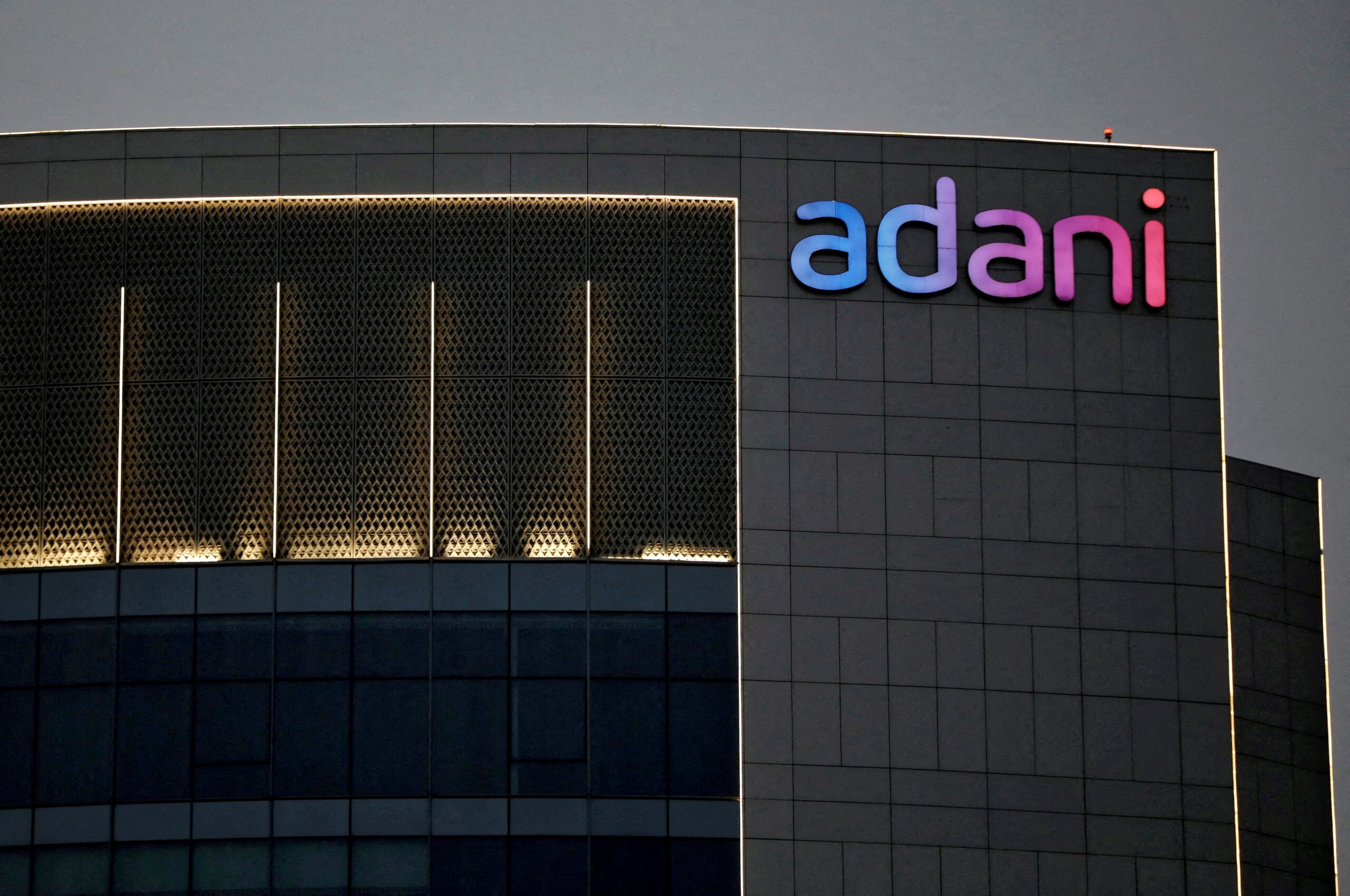Twelve of the 20 new companies which bought electoral bonds were from Hyderabad.
| Photo Credit: Akash Dhage/Unsplash
Despite companies in existence for less than three years not being allowed to make political contributions — even through the electoral bonds route — data shows that at least 20 such newly incorporated firms purchased poll bonds worth about ₹103 crore (Table 1).
At the time when they purchased their first electoral bonds, five of these firms were in existence for less than a year, seven of them were a year old and the eight others had only completed two years. Notably, many of these firms were started in 2019 when the Indian economy went through recession or during the middle of the pandemic and bought electoral bonds worth crores of rupees just months after incorporation.
Also read: Electoral bonds data | Full list of donors and recipient political parties
The ban on companies making political contributions within three years from incorporation has been in existence for nearly four decades. In 1985, the Parliament amended Section 293A, lifting the ban on political contributions by firms subject to a few conditions. One of the conditions was that the firms should not be owned by the government and should not be less than three years old. This clause was retained under Section 182 of the Companies Act, 2013. When Section 154 of the Finance Act, 2017, amended Section 182, just before the introduction of electoral bonds, this clause was again retained. However, the amendment deleted the first proviso by which the amount donated by a company was capped at 7.5% of its average net profit during its previous three financial years. The prohibition on companies making donations to political parties in their first three years continued. According to Section 182 of the Companies Act 2013, if a firm makes a donation in contravention to the provisions, “the company shall be punishable with fine which may extend to five times the amount so contributed and every officer of the company who is in default shall be punishable with imprisonment for a term which may extend to six months and with fine which may extend to five times the amount so contributed”.
Table 1 | The table shows the names of the 20 firms which purchased the electoral bonds (EBs), within three years of their incorporation. The date of incorporation of these companies, the date on which they purchased their first poll bond, the difference between the two dates along with the total worth of bonds purchased by these firms is mentioned in the table.
Table appears incomplete? Click to remove AMP mode
Also read: Electoral bonds data | 55 firms’ purchase exceeded 7.5% cap in 2022-24, lion’s share went to BJP
12 of these 20 companies were headquartered in Hyderabad (Table 2). Together these 12 companies donated ₹37.5 crores, and close to 75% of which was encashed by the BRS, with the rest divided among the TDP, the Congress and the BJP. Two companies in Hyderabad — Tsharks Infra Developers Private Limited and Tsharks Overseas Education Consultancy Private Limited — both incorporated in 2023 — purchased ₹7.5 crore worth of bonds within months of getting incorporated and donated it to the BRS. Among the rest, HH Iron and Steel Private Limited, headquartered in Coimbatore, gave ₹15 crores to the BJP and five crores to the BJD. Their first electoral bond purchase was done just days short of turning three years old. Askus Logistics Private Limited, incorporated in November 2021, bought its first electoral bond within 1.5 years of its incorporation and donated ₹22 crores. This was encashed by the DMK, AITC and the RJD. Besseggen Infotech LLP, incorporated in May 2018, bought bonds worth ₹11.5 crores, with their first purchase done two years and ten months into their existence.
Table 2 | The table shows the city-wise split of the 20 companies.
Table 3 | The table shows the party-wise split of the encashments of the EBs purchased by the 20 companies.
Electoral bonds data | New firms bought crores of electoral bonds within months of formation
The three-year rule was retained to prevent shell companies from making political contributions. When the first proviso, which prescribed the 7.5% cap, was removed in 2017, the Election Commission of India had warned that this may lead to the use of “black money through shell companies”. The RBI had also flagged the possibility of firms misusing bearer bonds for money laundering.
The list of 20 firms is not exhaustive as it does not include the firms which were newly incorporated after mergers and amalgamations. The list also does not include firms that are not in the MCA
With inputs from Rebecca Rose Varghese
Watch our Data video:Electoral bonds banned: Which party benefitted the most while it existed?









